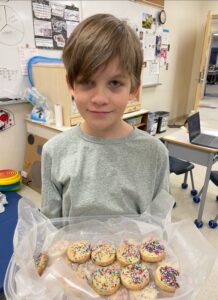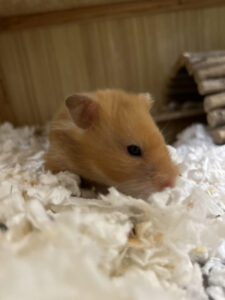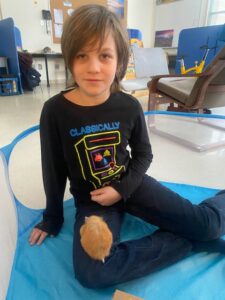Some of the smallest people have the biggest hearts when it comes to animals. Take Theo for example. He’s only 10 years old, but this pint-size superhero is already on-route to making a difference in the lives of Nova Scotia SPCA animals. And when Theo’s teacher, Mrs. Longley, assigned his class a recent project, Theo knew exactly what he was going to do.
 I asked Mrs. Longley about the project in her Active Citizenship lesson. She shared “I love teaching and coming up with new ideas to make learning as engaging as possible. I want my students to know that we all have strengths that we can use to make positive changes in the world. For this project, I asked students to tap into their strengths and identify the causes that are important to them. The project gives them a chance to use their talents to donate to a charity of their choice. It gives them a ‘real-world’ opportunity and it shows them that they can make an impact. It strengthens their skills for empathy, generosity, and compassion, and what teacher doesn’t want that for their students?”
I asked Mrs. Longley about the project in her Active Citizenship lesson. She shared “I love teaching and coming up with new ideas to make learning as engaging as possible. I want my students to know that we all have strengths that we can use to make positive changes in the world. For this project, I asked students to tap into their strengths and identify the causes that are important to them. The project gives them a chance to use their talents to donate to a charity of their choice. It gives them a ‘real-world’ opportunity and it shows them that they can make an impact. It strengthens their skills for empathy, generosity, and compassion, and what teacher doesn’t want that for their students?”
Theo knew his charity of choice immediately – he wanted to do something to help SPCA animals. He said “I’ve always loved animals. When I was little, I met a little dog called Mozart and realized I loved him and wanted to protect him. Since then, I have wanted to protect all animals.”

Theo also knew which of his strengths to tap into. “I like baking cookies with my mom,” he related. Theo’s mom Laura explained “Theo always enjoys making cookies to bring to school and loves it when people like his cookies. Being able to raise money for the SPCA by baking was a win-win for Theo. He is proud of this accomplishment.” Theo stated that his bake sale was a huge success. “I was so happy that I raised $62 for the animals selling cookies. Quite a few teachers bought them and most of the students.”
Theo hasn’t rested on his laurels following the success of his bake sale. He’s also helping to care for cutie-pie Shirley, the school’s pet Syrian hamster. Theo shared “Shirley has a little playpen and I put toys in there, play with her and feed her.”

Teaching kids to be kind to animals is one of the most important life lessons we can pass along to them. It plays a vital role in kids growing up to respect those who are different from them and to treat them with kindness. Laura agrees. “Positive interactions with animals can provide children with hands-on learning about empathy and kindness.”
When asked what advice he’d give to other kids who would like to help homeless animals, Theo replied “If you can, adopt an animal from a shelter, try to do fund-raisers for the SPCA and other shelters and volunteer if you can.” Wise advice from one so young.
In fact, we can learn a lot from kids! Many people choose not to do something thinking that ‘it won’t be big enough’ or ‘how can one person make an impact?’ But if every single person had Theo’s ‘can-do’ mindset, each little bit adds up to a big difference for homeless animals.
Each year, thousands of homeless animals cross the Nova Scotia SPCA’s doorstep. There are lots of great ways for kids to help them. Here are some favourites.
Ask for birthday donations. Kids can ask family and friends to bring donations for homeless animals instead of birthday presents.
Organize a fun fundraiser. Kids can host fund-raisers like lemonade stands, bake sales and car washes in their neighborhood or at church or school to raise money for homeless animals. They can also collect recyclable cans, take them to the local recycling center and donate the proceeds to a shelter or rescue.
Conduct a ‘Wish List’ drive. Kids can ask their teachers if they can lead a donation drive at their school to collect items that shelter animals need, like food, toys, beds, towels and blankets. Or they can get creative by hosting a movie night or ice cream party for friends, with a Wish List item as admission. The SPCA’s Wish List for animals can be found here.
Have a friendly competition at school. Kids can hold a pop can or coin drive with a catchy name such as ‘Pop Cans for Pets’, ‘Cans for Cats’ or ‘Dimes for Dogs’ and make it a competition between classes, grades or the entire school. Winners can receive awards such as ‘Top Crusaders for Cats’ or ‘Dogs’ Best Friends.’
Educate friends and family. Kids can play an important role in helping people understand that spaying/neutering their pets can help reduce the number of homeless animals. They can make bookmarks, posters or write a report for class about the importance of spaying/neutering your pet.
Adopt pets from the SPCA or a registered rescue. Kids can lead by example by adopting a homeless pet from a recognized rescue.
Foster an animal. Kids can ask their parents to help them foster a homeless animal. They’ll be helping two animals – the one they foster and another one who will get a place in the shelter.
Lead by example. Along with their parents, kids can make sure their family’s pets are spayed/neutered, have up-to-date vaccinations, ID tags and a microchip in case they get lost.
